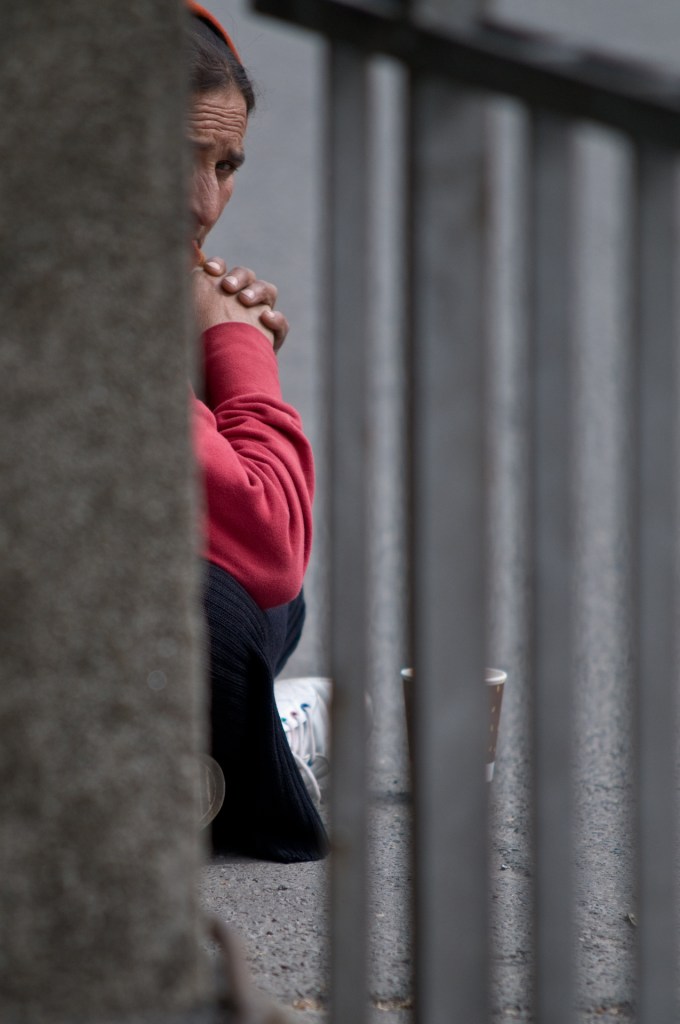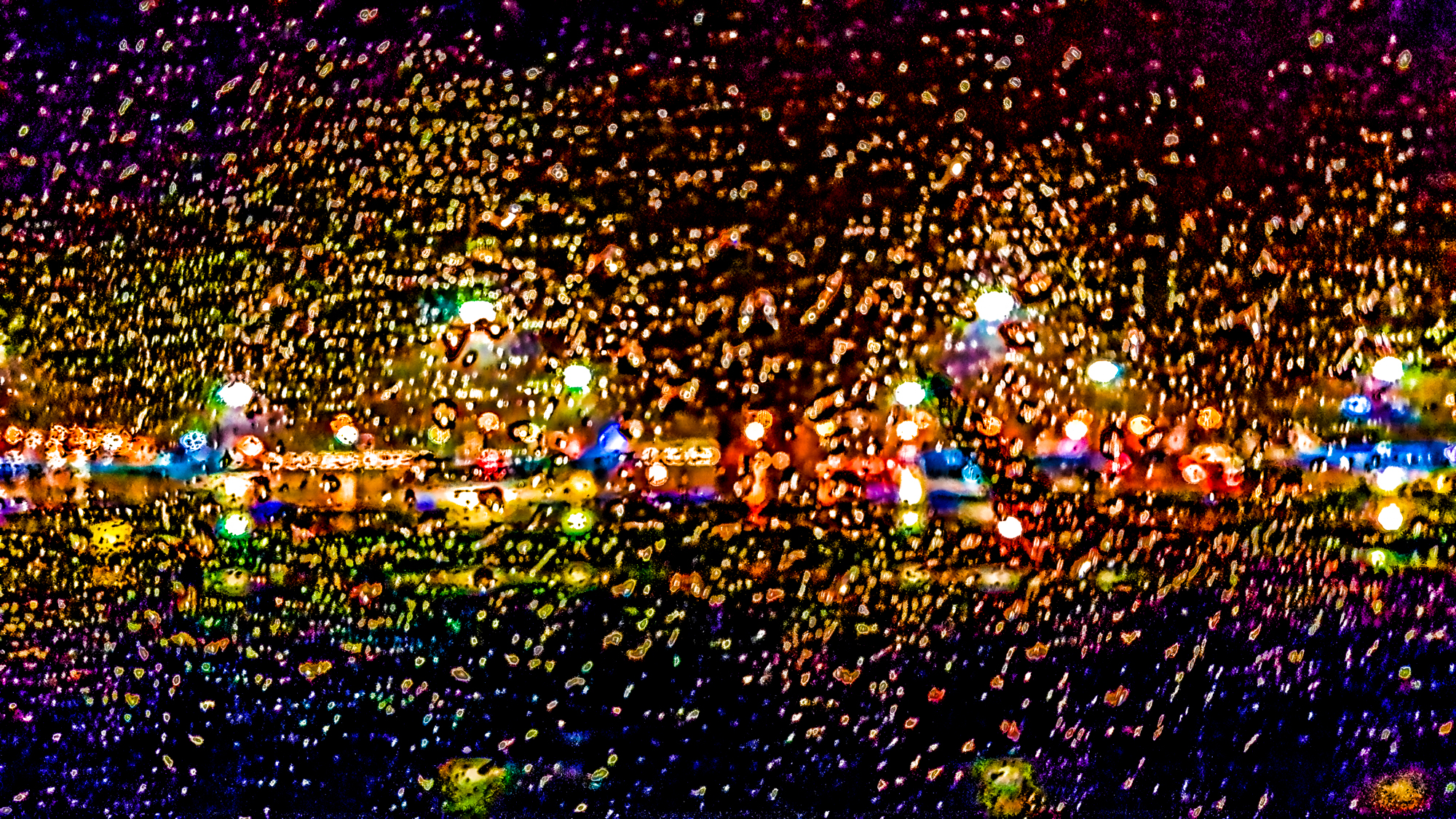
Friedrich Nietzsche
On the Genealogy of Morals
Prologue
3 Because of a doubt peculiar to my own nature, which I am reluctant to confess—for it concerns itself with morality, with everything which up to the present has been celebrated on earth as morality—a doubt which came into my life so early, so uninvited, so irresistibly, in such contradiction to my surroundings, my age, the examples around me, and my origin, that I would almost have the right to call it my “a priori” [before experience]—because of this, my curiosity as well as my suspicions had to pause early on at the question about where our good and evil really originated. In fact, as a thirteen-yearold lad, my mind was already occupying itself with the problem of the origin of evil. At an age when one has “half childish play, half God in one’s heart,” I devoted my first childish literary trifle, my first written philosophical exercise, to this problem—and so far as my “solution” to it at that time is







